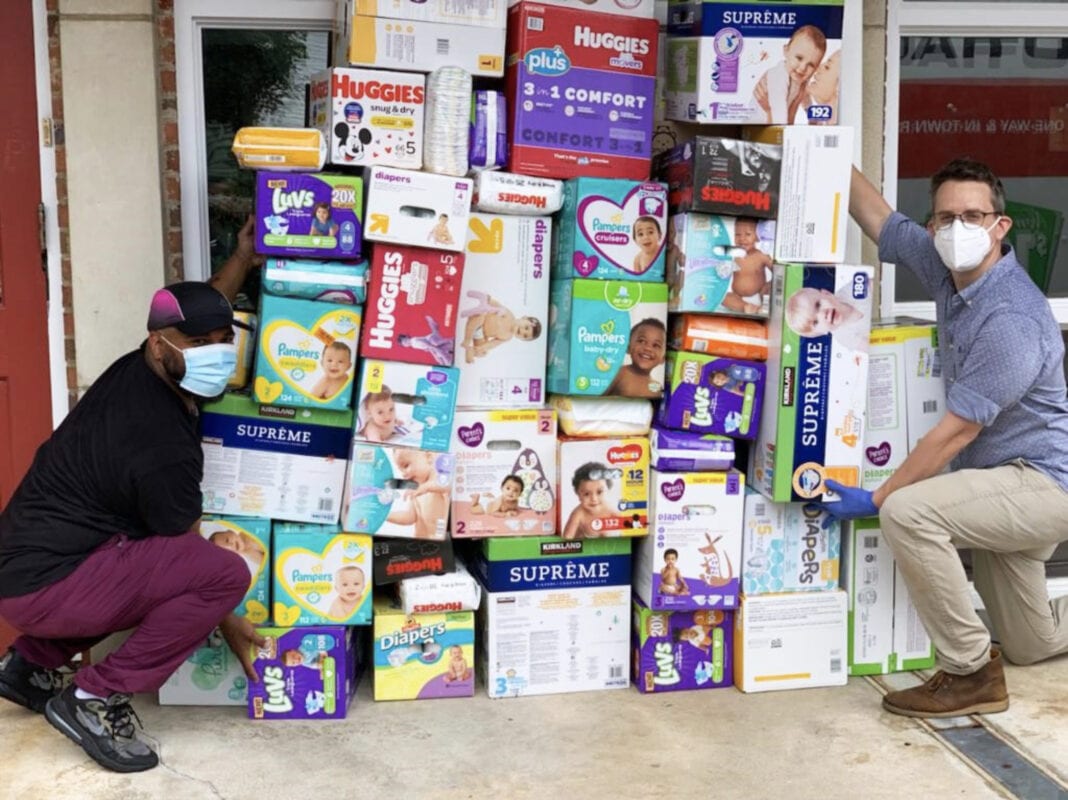During the Fall 2020 school semester, students from Princeton University’s Program for Community-Engaged Scholarship (ProCES), received hands-on experience working under three different local non-profit organizations.
The course, run by psychology professor Dr. Casey Lew-Williams, gave students opportunities to apply their studies towards real-life community improvement strategies. Groups of students were paired with either Advocates for the Children of New Jersey, Children’s Futures or The Father Center of New Jersey to generate marketing techniques that would benefit each organization’s current initiatives.
“The seminar is great for community-engaged scholarship because research on infants and toddlers inherently bridges basic and applied science,” said Lew-Williams in a Princeton University article highlighting the course. “You can address fundamental questions about humanity, and at the same time, study how the environment causes big differences in children’s cognition, learning and well-being.”
According to Princeton University, the students were divided into four separate groups and worked on a variety of projects targeted at each organization’s specific needs. Whether it was policy writing, survey creating or website developing, the ProCes students helped the three organizations with it all.
The Father Center met with Dr. Lew-Williams to discuss the potential projects the students could assist with. “We talked about what we might want from the students, and also offered an opportunity for the students to learn more about the work that we do with fathers,” said Karen Andrade-Mims, MPA, Executive Director of The Father Center.
One senior in the program, Kennedy Casey, who worked with The Father Center, explained to Princeton University how the combination of the required reading materials benefited her work with The Father Center. “We read and critically engaged with primary literature [on child development], which helped us further the research topics related to our final project and then translate them into easily digestible tips or tidbits of information for fathers,” Casey noted.
COVID-19 caused substantial challenges to everyday operations, particularly for The Father Center, whose core initiative is to bring fathers and children together by providing emotional, social and economic resources. However, with the help of the ProCes students, creative approaches were established to reach out to families and promote healthy parenthood skills.
“Because everything we’re doing right now is virtual, the staff came up with the idea of having students create messages that could be texted to the fathers that we work with,” said Andrade-Mims. “They created tips and parenting topics, short [and] little snippets for dads that we, in turn, could text out to the men. It was all centered around child development and parenting kinds of issues.”
“Three times per week over the course of a year and a half, dads will receive short text messages providing them with information about child development, fun and easily implementable reading and play activities, and general support for dealing with the challenges of parenting,” added Casey.
According to Andrade-Mims, the students also developed mini skits about fathering for Facebook Live and other social media platforms for continuous sharing online. During a time when the majority of organizations are operating virtually, The Father Center is grateful for the help provided.
At the end of the semester, all of the non-profits involved were called on a Zoom meeting to hear the class’s final projects. During the showcase, the students and organizations had the ability to see all of the work accomplished throughout the semester and amongst the different groups.
“It was great for us to see the results of their work with The Father Center, but it was also interesting to hear from the other groups too,” said Andrade-Mims. “They created something that is intangible, that we can use in serving our clients moving forward. It was interesting to hear the other things that were developed, all of which will be put into practice by the nonprofit’s that they worked with.”
According to Lew-Williams, the semester’s goals were met and he could not be any happier with his students achievements in providing meaningful support to children and families across New Jersey. He said, “I am deeply grateful to our colleagues in Trenton for their willingness to collaborate, and I am immensely proud of these 18 students for stepping up time and time again during the toughest of semesters.”





